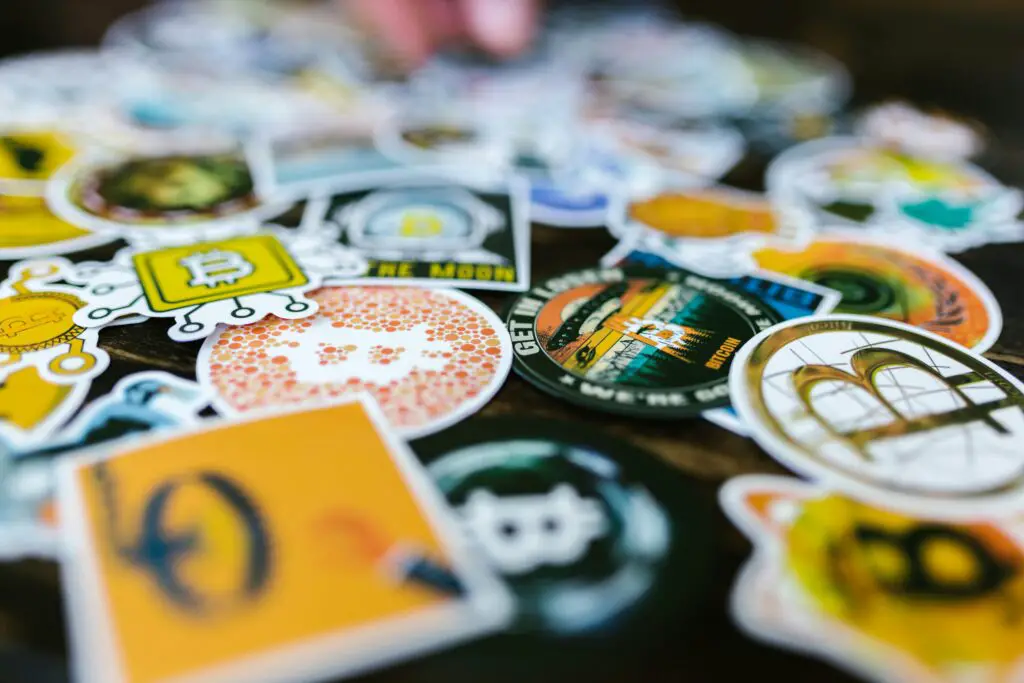Imagine exchanging your dollars for dollars and euros when you fly to Europe, and vice versa when you return. Similar principles apply to forex trading, which involves international currencies and markets on a far bigger scale. Look for guidance:
What Makes Forex Trading Vital?
Because it makes worldwide trade and investment easier, forex trading is essential. For a variety of purposes, including protecting against currency risk, trading on currency movements, or simplifying international transactions, individuals, governments, and businesses trade foreign exchange.
Is Teenage Forex Trading Appropriate?
Teenagers who are motivated to learn about financial markets and improve their trading abilities may find forex trading to be a good fit. Nonetheless, it requires a firm grasp of the fundamentals, a dedication to education, and the capacity for risk management. Teens who are interested in forex trading can profit from the right kind of mentoring and instruction.

Knowing the Fundamentals of Foreign Exchange
A Currency Pair: What Is It?
The market for foreign currencies includes pairings of exchanges of currencies. A basic currency plus another currency make up each pair. For instance, the base currency is EUR and the quote currency is USD within the Eurusd/USD pair. The amount of the quotation currencies needed for buying one unit of the fundamental currency is shown by the price of the exchange.
The Workings of Forex Markets
Forex markets are open for business five days a week, 24 hours a day, in several time zones. Trade starts in Australia and spreads to Tokyo, London, and New York. Because it runs continuously, forex trading is special and available continuously.
How to Begin Trading Foreign Exchange
Selecting a Trustworthy Broker
Choosing a trustworthy broker is essential to forex trading success. Seek out brokers with strong customer service, competitive spreads, a user-friendly trading platform, and regulatory status.
Creating an Online Trading Account
Establishing a trading account is the next step after selecting a broker. This involves funding your account, confirming your identification, and supplying personal information. For practice, several brokers provide demo accounts, which is highly advised for novices.
Comprehending Forex Trading Websites
Forex trading platforms are software tools that allow traders to manage their accounts, purchase and sell currencies, and examine market movements. Popular systems with a variety of features and analytical tools are Meta Trader 4 and Meta Trader 5.
Acquiring Knowledge of Forex Terminology
Leverage, Lots, and Pips
Pips:
The fourth decimal place in currency pricing is usually the lowest price shift in forex trading.
Numerous:
Equal monetary units that are utilized in trade. A standard lot is one hundred thousand units of the base currency.
Utilization:
It gives traders the ability to manage big holdings with little money. Leverage of 100:1, for instance, allows you to control $100,000 with $1,000.

Place a bid and request a price.
The maximum amount that a buyer is ready to pay for a currency is known as the asking price, while the smallest amount a seller is willing to take is known as the offer price. The spread is the amount that separates the ask and bid prices.
Margin, Spread, and Equity
Disperse:
There is a variation in price between the ask and bid.
Margin:
The sum of money needed to start trading using leverage.
Equity
The entire amount of money in a trader’s account is the net of realized gains and losses.
Formulating a Trading Plan
The Value of a Trading Strategy
Your trading objectives, risk tolerance, and tactics are described in your trading plan. It serves as an outline to direct your trading choices and supports your focus and discipline.
Various Trading Strategy Types
Scaling
A short term trading approach that makes fast transactions to profit from slight price fluctuations.
Day-trading:
Trading in and out of foreign exchange throughout the same trading day.
Trading on the swings:
We are keeping positions open for a few days in order to profit from bigger price changes.
Trading positions:
A long term strategy based on market trends and fundamental study.
Managing Risks in Foreign Exchange Trading
Setting stop loss orders, spreading out your trades, and never risking more than a small portion of your capital on a single transaction are all essential components of effective risk management. This protect against large losses on your account.
Teenage Technical Analysis
Overview of Technical Analysis
To forecast future price fluctuations, technical analysis examines trading volumes and previous price charts. Instead of relying on core data, it uses patterns and signs.
Utilizing Indicators and Charts
Charts visually show how prices change over time. Common chart types include bar graphs, flame charts, and line graphs. Relative Strength Index, Gaussian Bands, and moving averages are a few examples of indicators that can be used to spot trends and possible entry/exit points.
Frequently Used Technical Indicators
Averages that Move:
Price data should be smoothed to reveal trends.
Index of Relative Strength:
Evaluate the rate and trend of fluctuating prices to determine if the market has become overvalued or overdone.
Bollinger Bands:
Comprise two standard deviations and a moving average to represent price volatility.
Forex Fundamental Analysis
Fundamental analysis: what is it?
Fundamental analysis examines economic, financial, and political factors influencing currency prices. Its main goal is to understand the basic causes of price fluctuations.

Important Economic Measures
Rates of Interest:
Increased interest rates draw in foreign investment, boosting the value of the currency.
Rates of inflation:
More inflation usually results in a currency depreciating.
GDP, or gross domestic product, is:
It shows the state of a nation’s economy.
News and Events Effect on Forex Markets
Important news events, including elections, financial information, and geopolitical developments, can significantly affect forex market volatility. Keeping up with these developments is essential for making educated trading selections.
The Mentality of Trading
Controlling Feelings in Trading
Decisions about trading could be negatively impacted by emotions such as fear and greed. Regardless of the state of the market, successful traders learn to control their emotions and adhere to their trading strategies.
The Value of Self-Control
Maintaining discipline in trading involves:
Adhering to your plan.
We are making reasonable goals.
I am not straying from it out of feelings or whims.
It is essential to attaining sustained success.
Getting Over Typical Psychological Traps
Overtrading, trading in retribution for a loss, and delaying taking early losses are common mistakes. Cultivating self awareness and upholding a disciplined attitude can facilitate overcoming these obstacles.
Exercise and Ongoing Education
Making Use of Demo Accounts
You can practice trading using demo accounts without risking real money. They offer a risk free setting for strategy testing and learning about the operation of the forex market.
Acquiring Knowledge from Errors
All traders are imperfect. The secret is not to repeat mistakes but to learn from them. You can find areas for improvement by tracking your transactions and analyzing your performance with a trading log.
Resources for Lifelong Learning
There are many tools available to learn forex trading, such as books, forums, webinars, and online courses. Maintaining your competitive edge in the market requires constant learning.
A Legal and Ethical Perspective
Comprehending the Needs of Regulations
Many nations regulate forex trading in order to protect investors and guarantee ethical behavior. Comprehending and following these regulations is important for lawful and secure commerce.
Trade Ethics
To trade ethically, one must be truthful, open, and equitable. Retaining integrity and confidence in the market requires avoiding from unethical activities such as insider trading and manipulation.

Defending Yourself Against Fraud
Regretfully, fraudsters can still operate in the currency market. Offers that look too good to be true should be avoided. Before investing, perform extensive research and only use reliable brokers and platforms.
Conclusion
Teenagers have a fascinating opportunity to learn about financial markets and acquire useful skills through forex trading. Teens can succeed in the forex market by grasping the fundamentals, creating a sound trading strategy, and engaging in disciplined trading. Long term success requires ongoing education, emotional regulation, and market trend awareness. For ambitious young traders, forex trading can be an enjoyable and instructive experience with the correct attitude.